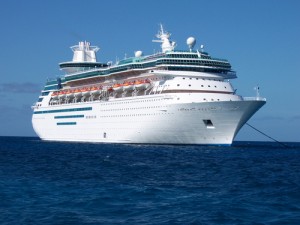Florida Maritime and Cruise Ship Law Attorney
 From the earliest man on the water to the sixteen-year-old sailors attempting to circumnavigate the world, maritime law has built on precedent to create a domestic and international sense of who is responsible for what. Whether you look to the seas for pleasure or your livelihood, if you get injured or fall ill while on a boat you may have a case to recover the cost of getting better.
From the earliest man on the water to the sixteen-year-old sailors attempting to circumnavigate the world, maritime law has built on precedent to create a domestic and international sense of who is responsible for what. Whether you look to the seas for pleasure or your livelihood, if you get injured or fall ill while on a boat you may have a case to recover the cost of getting better.
For years, case law has held that sailors are entitled to care that can be considered a cure. That doesn’t mean that you receive a prescription and your employer pays for it. It could mean that in cases an employer needs to pay for ameliorating life-long conditions that could relate to equipment malfunctions, slip and falls and other events that happen in day-to-day operations.
These maritime legal definitions are different from personal injury law in that they are more stringent, and rely on a history of ship owners who have a responsibility for caring for their crew. This is good news whether you work for a charter fishing outfit or a cruise line, as it means you may have access to more resources if you’re hurt or injured.
But what if you don’t work on the seas by handling a ship or acting as a mate? You still have rights as a passenger whether you do so for leisure as a cruise ship passenger, sport fisherman or research scientist. In fact, the operator of the boat or ship you’re on has a duty to provide care if you become injured while on the vessel.
If the effects linger, or you’re curious about what your rights are, feel free to peruse my blog as we describe what the responsibilities of operators are and how you can maximize the outcome.

